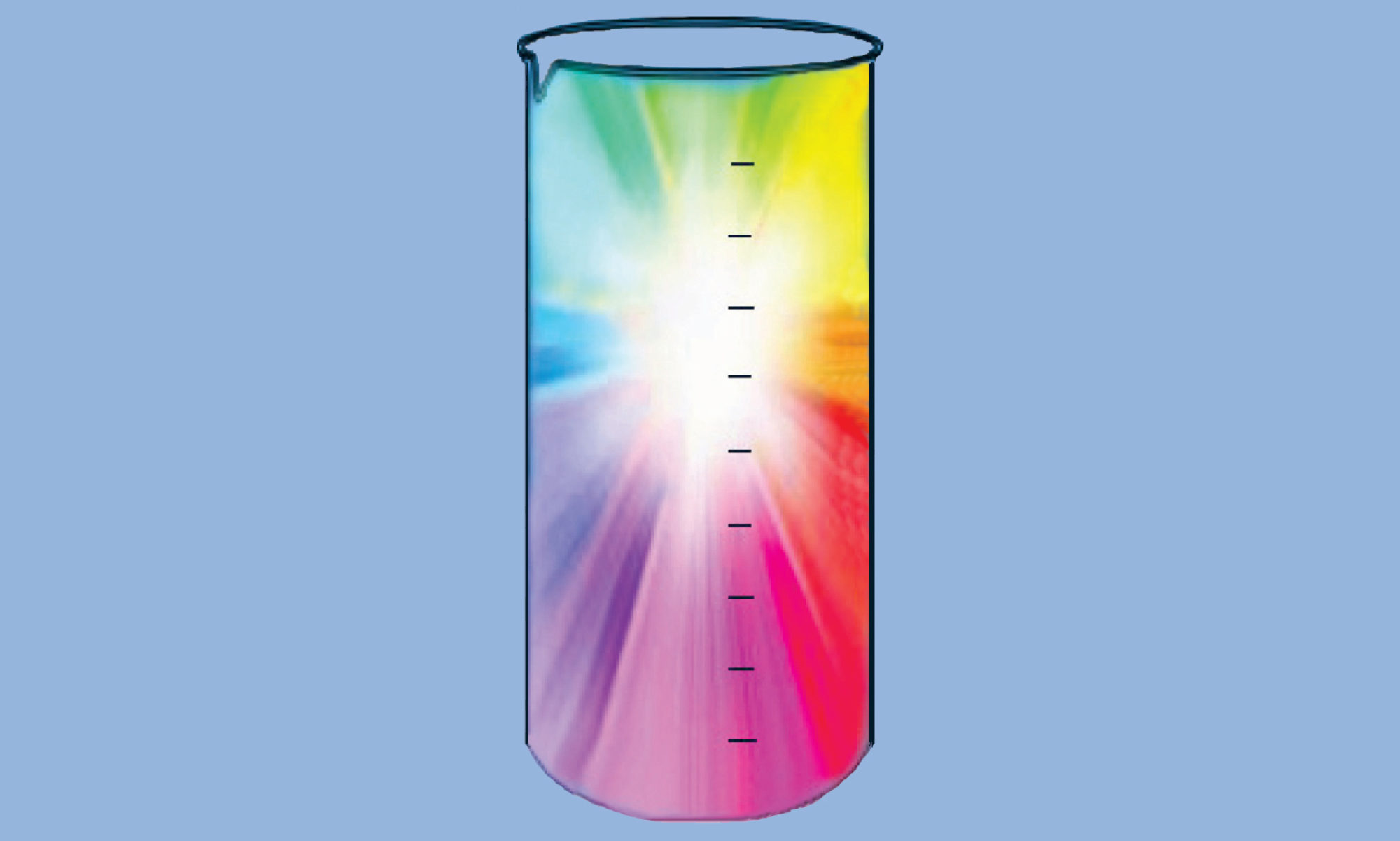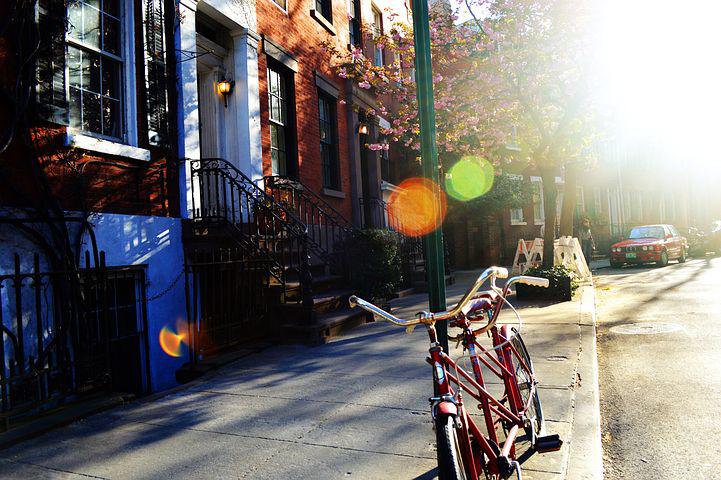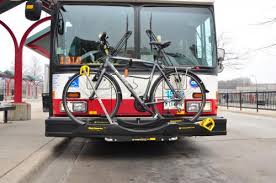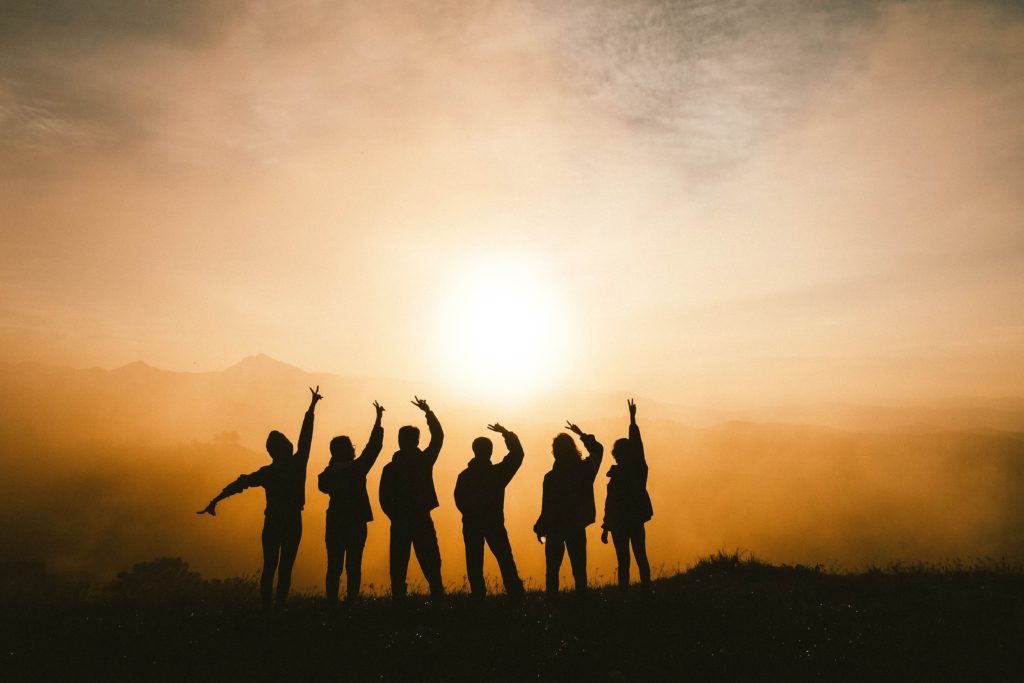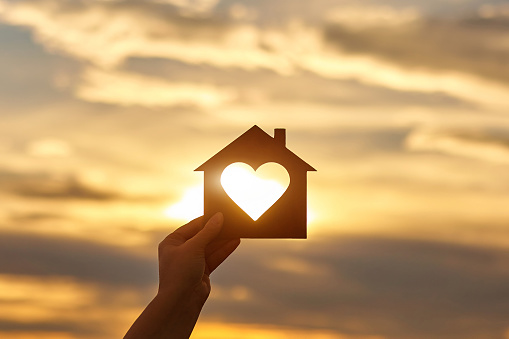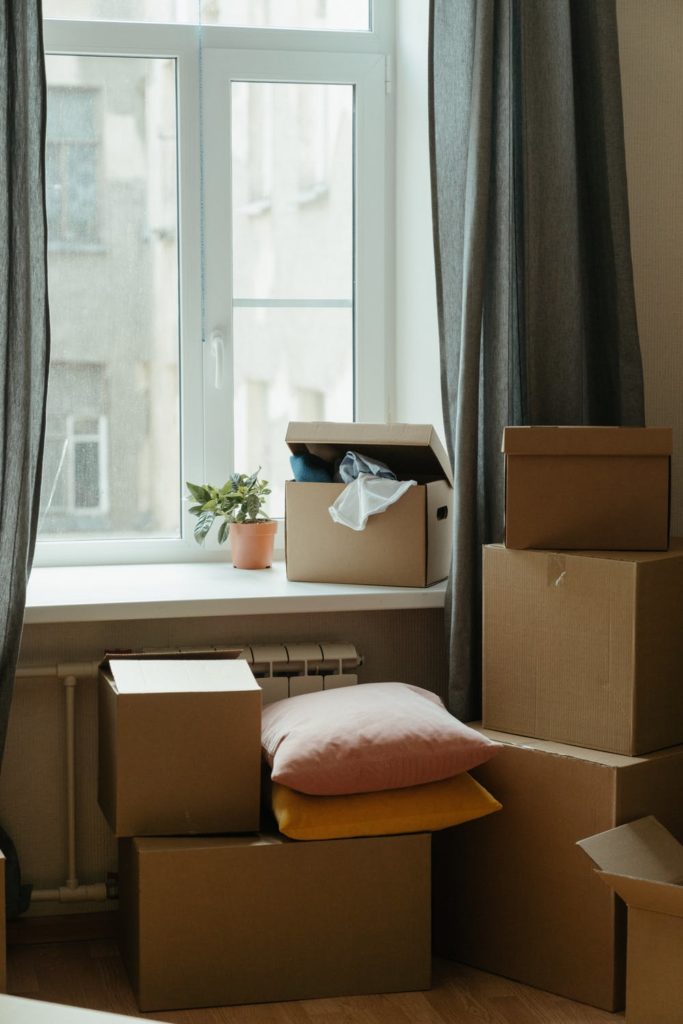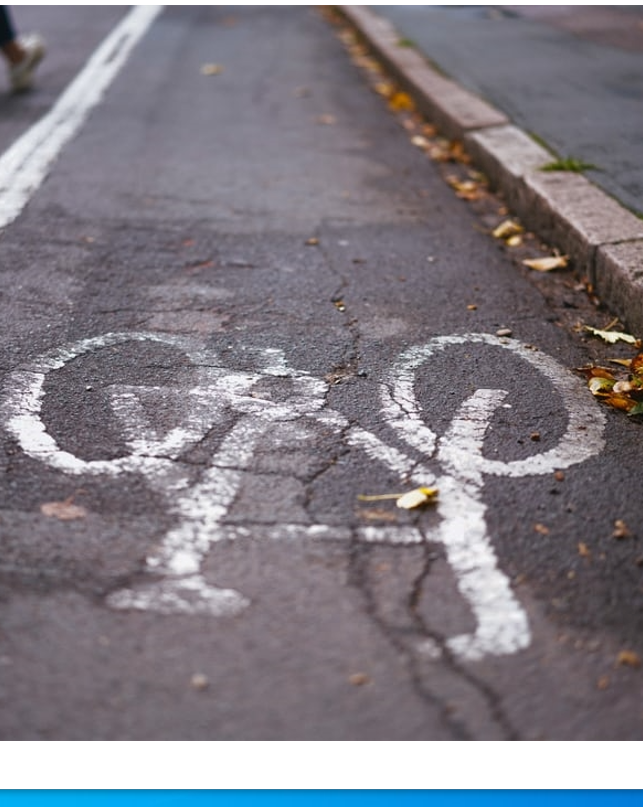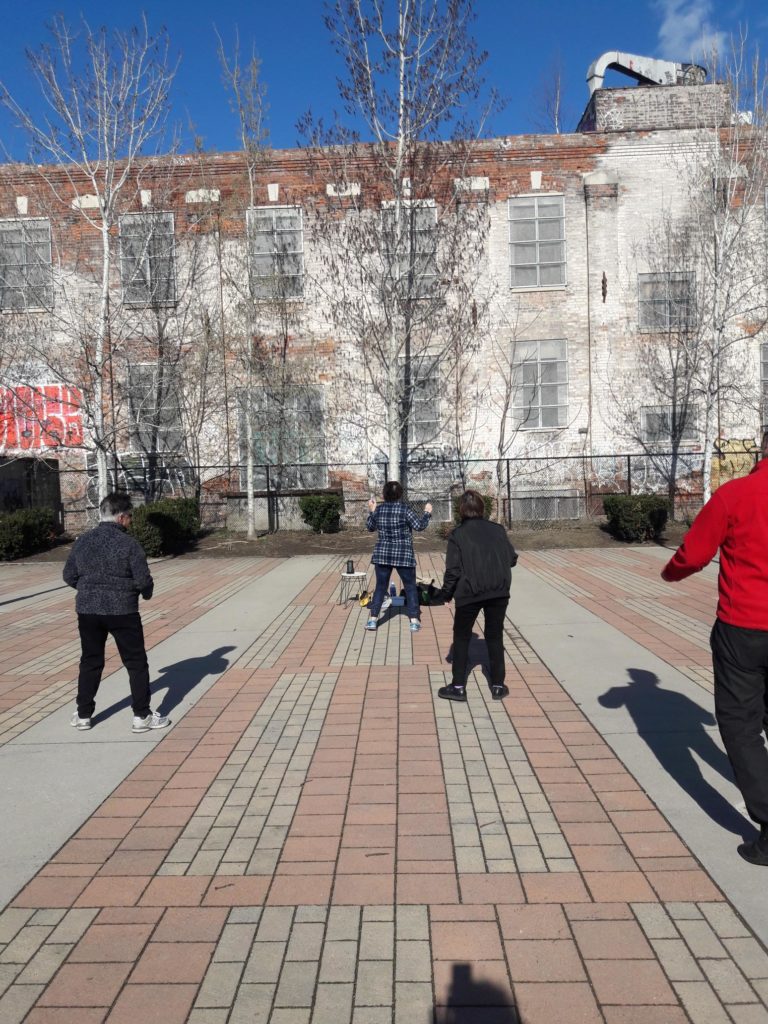
I was once again considering what to write about when I decided to go line dancing. Why? Well, why not? There was a group that meets weekly in my local park and I decided to join them. The sun was shining and, in any case, I like to support community initiatives, especially those that are inclusive and accessible for everyone. And anyway, it’s actually kind of fun.
I know line dancing has a bit of a reputation for appealing to a certain age group, but really, it can be for everyone. The moves are simple steps – though surprisingly easy to mess up, and it’s great exercise and comes with a lot of laughs. So, it was an enjoyable way to spend an hour and I met some nice people too.
I think we often put labels on many things and dismiss them outright without giving them a chance. In our internet-obsessed world, where everything is on display, we urgently need to know the details of anything we get involved in – be that an event or even a person. We’ve become accustomed to pre-screening everything, even though the reality is often different. It’s like we’ve lost the art of taking a chance. And with so much on offer, we’re afraid of wasting time, or choosing badly, or do something that will make us look like a fool, or conversely, not be suitably Instagrammable.
I mean, life is for living. Let’s take a chance. The real world – not the one filtered online – is full of wonderous, as well as ridiculous and heartbreaking moments. But it’s there for us to take hold of. Isn’t one of the purposes of life to try things out and learn, even from our mistakes?
The pandemic forced has many of us to do things in different ways than what we were used to and as the world opens up again, we should continue to exercise that muscle and try things out of our comfort zone. Who knows what may come out of it? You might meet some interesting people or learn a new skill, or just have a bit of fun. And now back to seeing what else I can hear on the grapevine…
